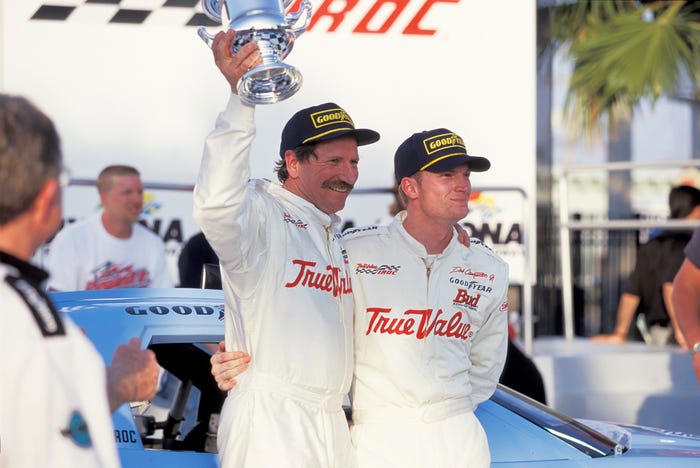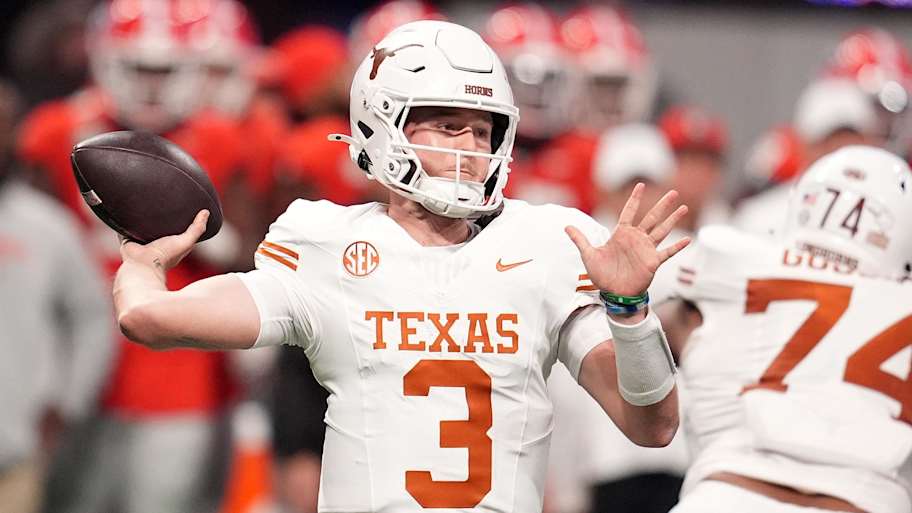The Arizona Cardinals have made a significant commitment to their franchise quarterback, Kyler Murray, by signing him to a lucrative five-year contract extension valued at an impressive $215,159,700. This deal not only solidifies Murray’s position as the centerpiece of the Cardinals’ roster but also reflects the organization’s confidence in his potential to lead them to success in the coming years.
Murray’s contract extension, which includes a staggering $215,159,700 in guaranteed money, highlights the Cardinals’ recognition of his value and talent. The average annual salary of $43,031,940 ranks him among the highest-paid quarterbacks in the NFL, signifying not just his past performances but the team’s belief in his future capabilities. This financial backing is indicative of Murray’s importance to the franchise as they aim to build a championship-caliber team around him.
Since being drafted first overall by the Cardinals in 2019, Murray has demonstrated remarkable prowess on the field. His dual-threat ability has made him one of the most exciting quarterbacks to watch, as he combines impressive passing skills with the agility and speed to make plays with his legs. Over his first few seasons, Murray has shown flashes of brilliance, put up impressive statistics, and even earned Pro Bowl selections, establishing himself as a leader both on and off the field.

However, this significant financial investment also comes with high expectations. The Cardinals’ management will be looking for Murray to not only maintain his level of play but also elevate the team to new heights. The weight of the franchise’s aspirations now rests heavily on his shoulders. The expectations from fans, media, and the organization are immense, especially given the lengthy search for a franchise quarterback over the years.
Murray’s commitment to the Cardinals goes beyond financial numbers; it represents a shared vision of success between the player and the franchise. In today’s competitive league, the right quarterback can dramatically alter a franchise’s trajectory, and the Cardinals are counting on Murray to be that catalyst. The loyal fan base, which has influenced the team’s culture and environment, is eager to see their star signal-caller develop further and lead the team to playoff contention and beyond.
The deal also sets the stage for potential team-building decisions moving forward. With a cornerstone like Murray locked up, the Cardinals can shift their focus toward surrounding him with the necessary talent to compete against the best teams in the league. This includes investing in offensive weapons, shoring up the offensive line, and enhancing the defense to create a well-rounded team.

As Murray embarks on this new chapter with the Cardinals, all eyes will be on his ability to flourish within the dynamics of an evolving team. With such a massive contract securing his future, the stakes have never been higher for both the player and the franchise. The journey ahead will be filled with challenges and opportunities, and fans hope that this deal will ultimately lead to a brighter, more successful era for the Arizona Cardinals. The future appears promising, and the anticipation is palpable as Murray prepares to take the field as the confirmed leader of this evolving franchise.















